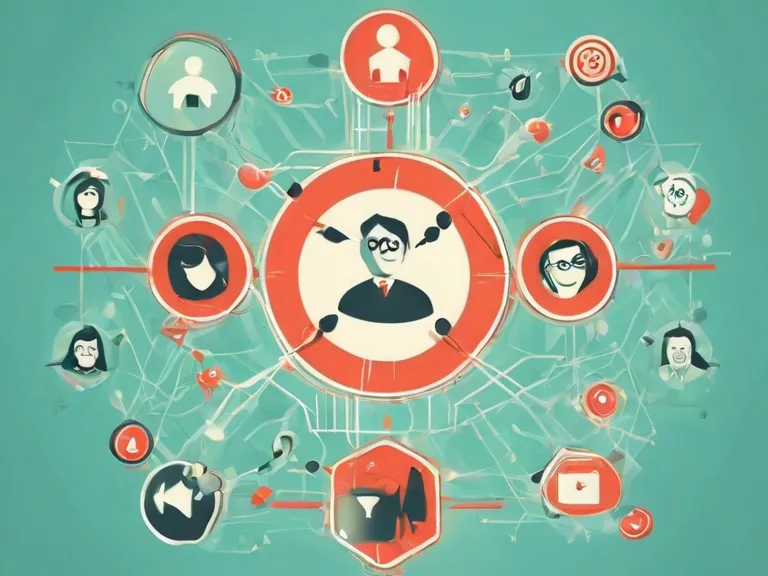
The Ethics of Viral Marketing: Navigating the Intersection of Influence and Responsibility
Viral marketing is a powerful tool in the world of digital advertising. From viral videos to social media challenges, the potential reach and impact of a well-executed viral campaign are enormous. However, as with any form of marketing, there are ethical considerations that must be taken into account.
One of the key issues in viral marketing is the potential for deception. Viral campaigns that spread false information or manipulate emotions for the sake of engagement can have serious consequences. Consumers can be misled or manipulated, leading to a breach of trust between brands and their audience. This unethical behavior can ultimately damage a company's reputation and long-term success.
Another ethical concern in viral marketing is the responsibility that brands have to their audience. With great power comes great responsibility, and brands must consider the impact of their campaigns on society as a whole. Campaigns that perpetuate harmful stereotypes or promote harmful behavior can have lasting negative effects on individuals and communities.
In order to navigate the intersection of influence and responsibility in viral marketing, brands must prioritize transparency and honesty in their campaigns. By being upfront with their audience about the intent and impact of their marketing efforts, brands can build trust and credibility. Additionally, brands should carefully consider the potential consequences of their campaigns and take steps to mitigate any harm that may arise.
Ultimately, the ethics of viral marketing come down to a simple principle: treat your audience with respect and integrity. By prioritizing honesty, transparency, and responsibility in their viral campaigns, brands can harness the power of viral marketing in a way that is both effective and ethical.



